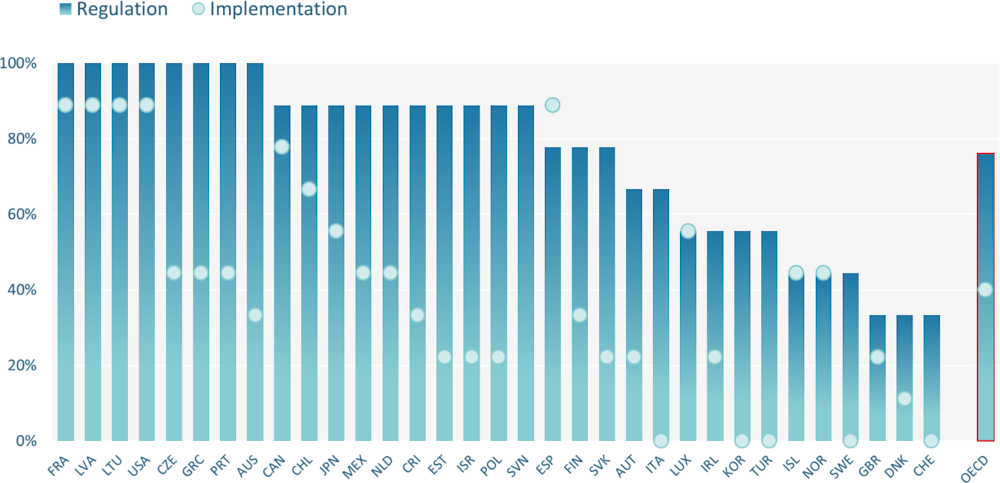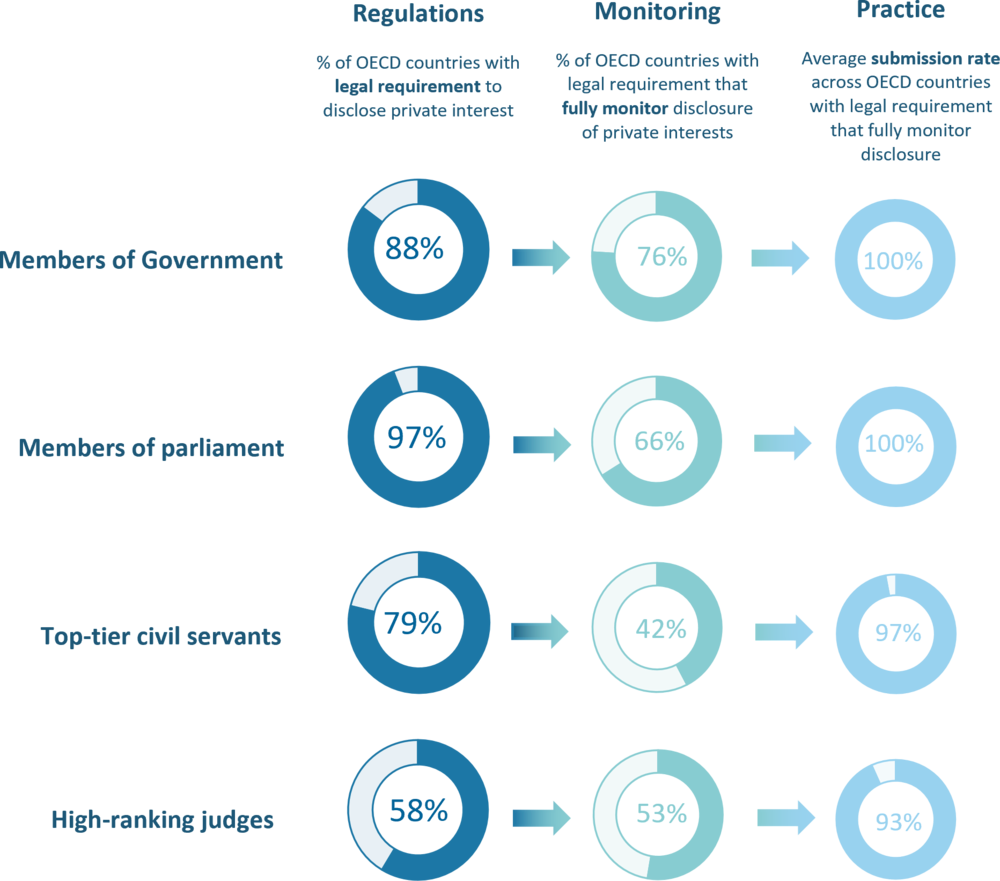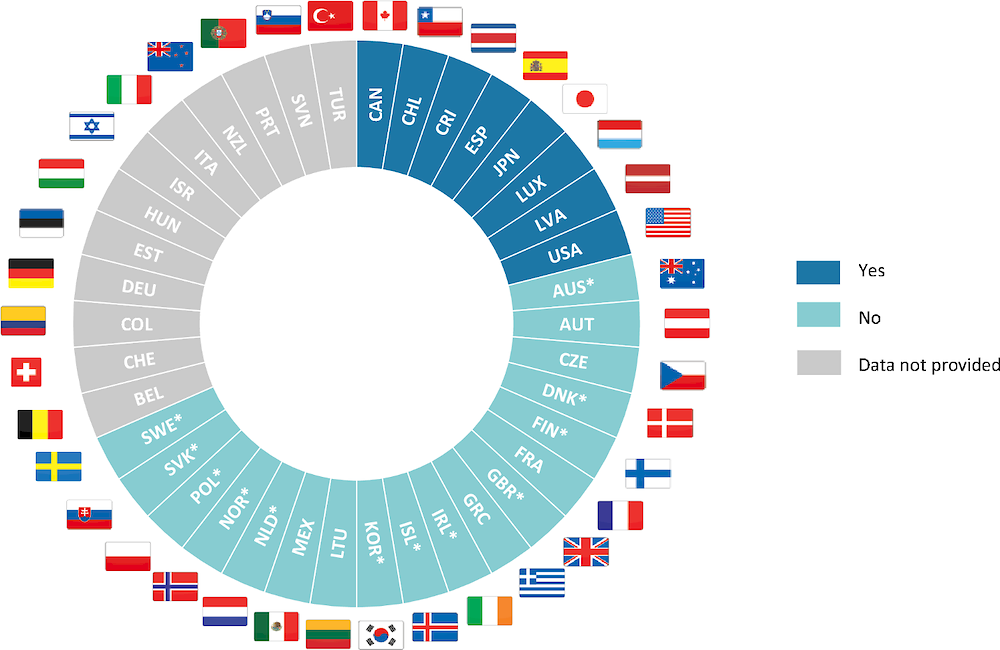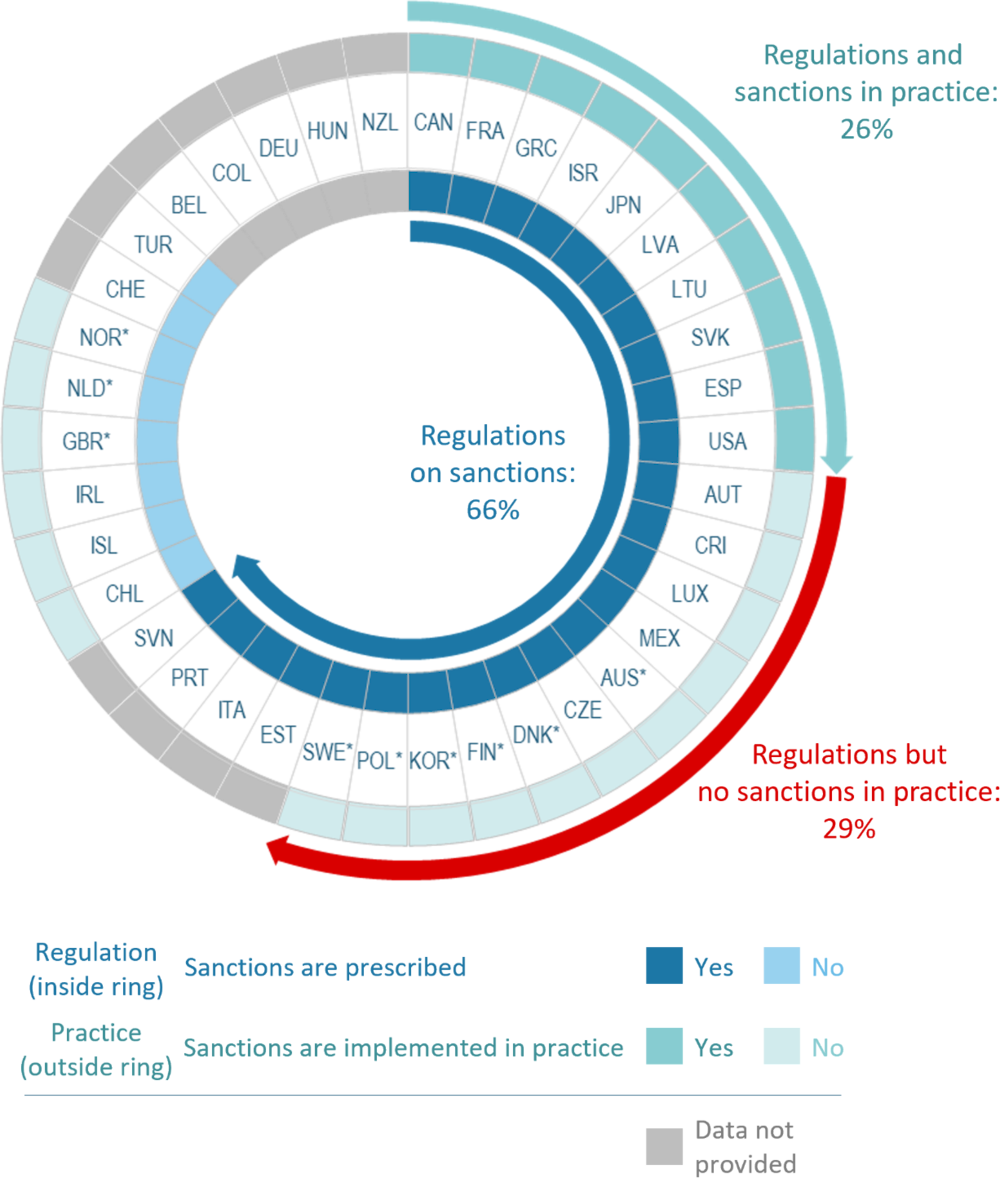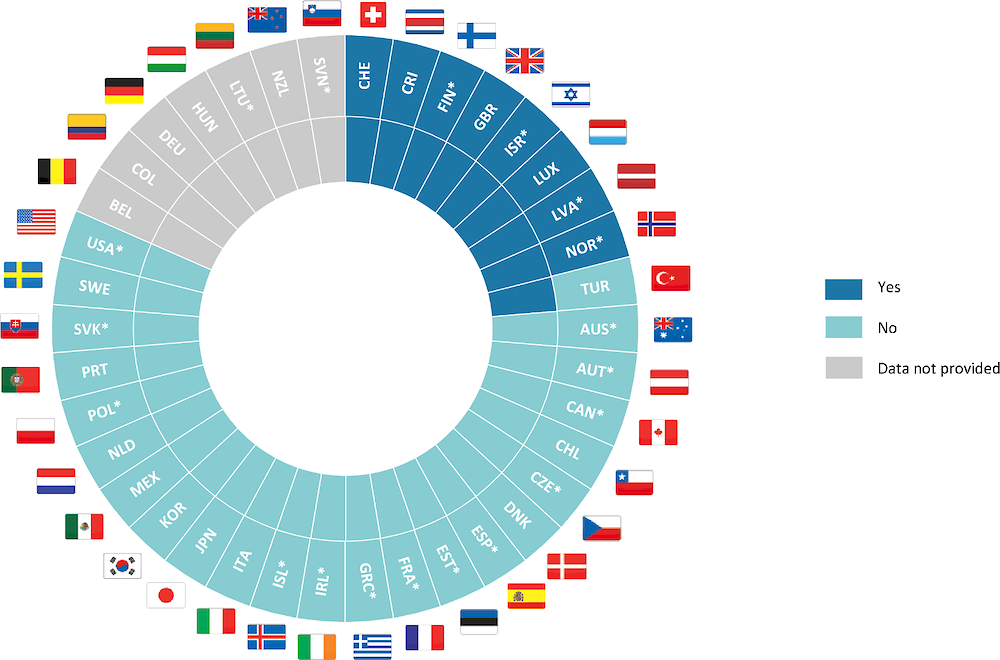A conflict of interest involves a conflict between the public duty and private interests of a public official, in which the public official has private-capacity interests which could improperly influence the performance of their official duties and responsibilities. Managing conflicts of interest in the public sector is crucial. If they are not detected and managed appropriately, they can undermine the integrity of officials, decisions, agencies and governments, and ultimately lead to private interests capturing the policy process. Managing conflicts of interest helps level the playing field and ensure stakeholders’ fair and adequate access to policymakers and policymaking processes (OECD, 2020[12]).
Some foreign interests’ attempts to interfere in OECD democracies through exploiting the revolving door and rules on private interests in target states are increasing the risk of conflicts of interest in OECD countries. The risk of conflicts of interest is also increasing as engagement between OECD governments and external organisations intensifies as part of the green transition and the race to secure transition mineral supplies. This chapter shows that:
OECD countries have strong regulations on conflicts of interest, but implementation and monitoring of submissions of declarations of interest could be improved.
Stronger verification of interest declarations and improved processes for resolution of conflicts would better safeguard policymaking and the public interest.
Sanctions for non-compliance with conflict-of-interest regulations are rarely applied.
Most OECD countries do not know whether they are mitigating “revolving door” risks.
